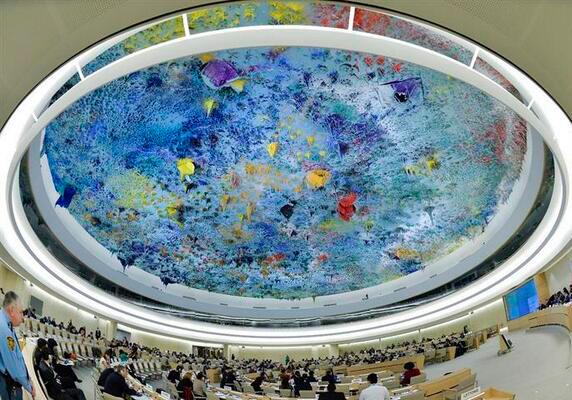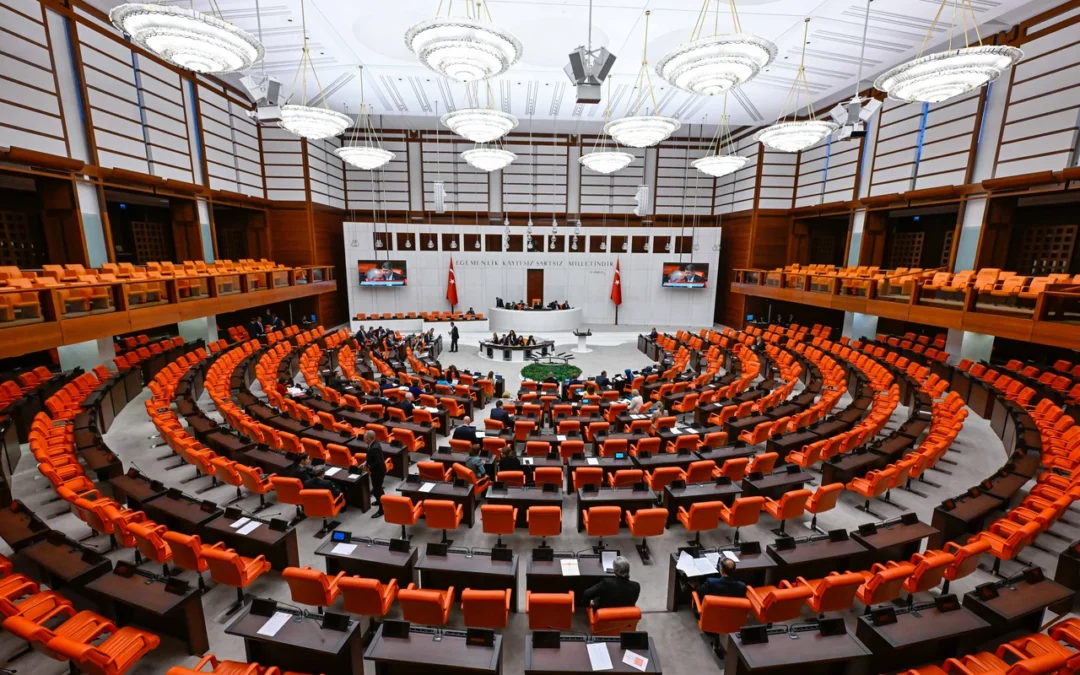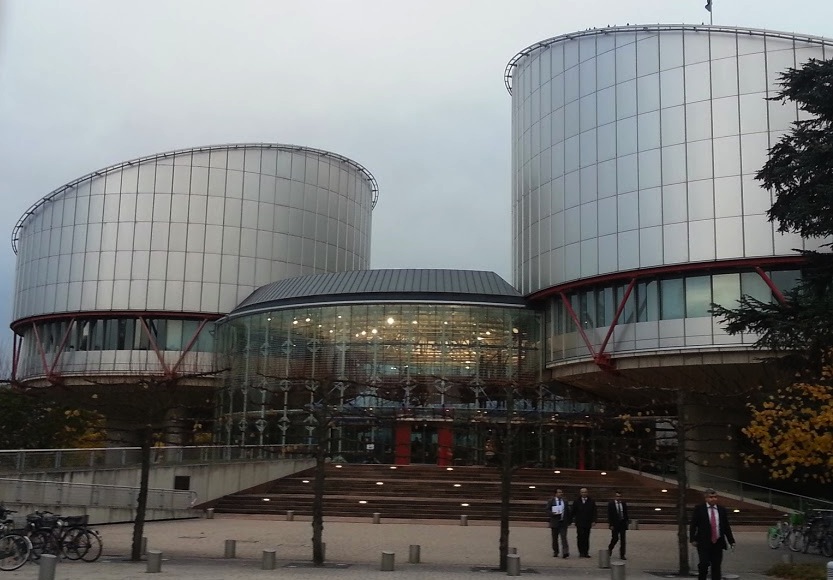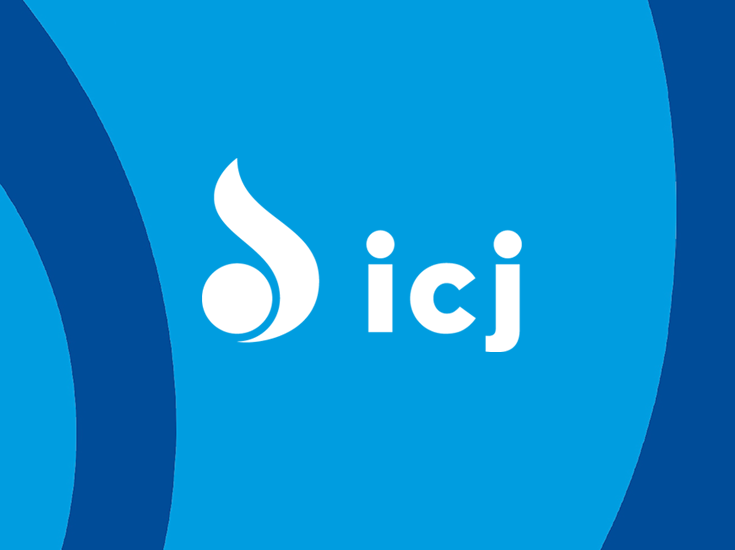


Joint NGO Letter to UN Member States on the situation in Lebanon
Today, the International Commission of Jurists (ICJ) and other non-governmental organizations call on Member States of the UN Human Rights Council to urgently convene a Special Session on the situation in Lebanon to establish an international investigative mechanism...
Lesotho: ICJ makes a submission to the Universal Periodic Review
On 11 October 2024, the International Commission of Jurists (ICJ) made a submission to the UN Human Rights Council’s Working Group on the Universal Periodic Review (UPR) in advance of its consideration of Lesotho’s human rights record during the 49th session of the UPR in April and May 2025.

Türkiye: Spying Bill Threatens Rights Defenders, Journalists Parliament Should Reject Vague, Overbroad Amendment
Türkiye’s parliament should reject a proposed legislative amendment that seeks to expand the definition of espionage in such a vague manner that it could criminalize legitimate work by human rights defenders, journalists, and other civil society actors in the country,...
Türkiye: Osman Kavala Marks 7 Years Behind Bars Wrongly Detained Rights Defender Awaits New European Court Ruling
(Istanbul, 1 November 2024) – Türkiye’s continued unlawful detention of the human rights defender Osman Kavala is a result of prosecutors and courts effectively operating under the political control of the government, three human rights organizations, including the...




